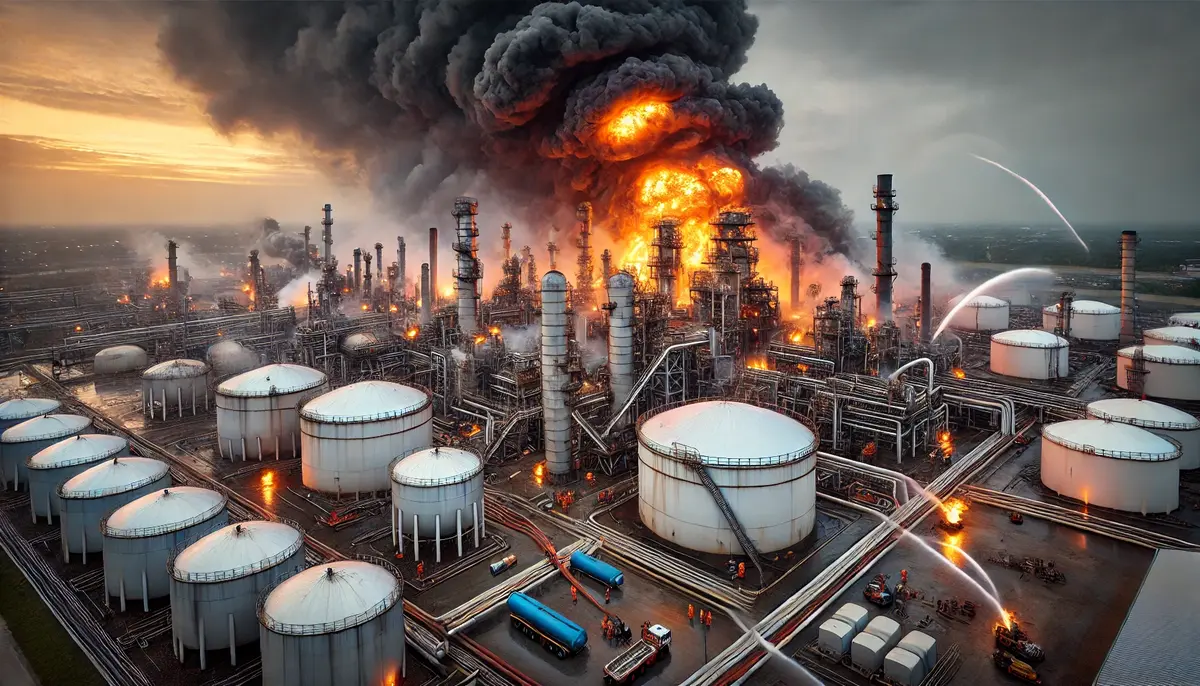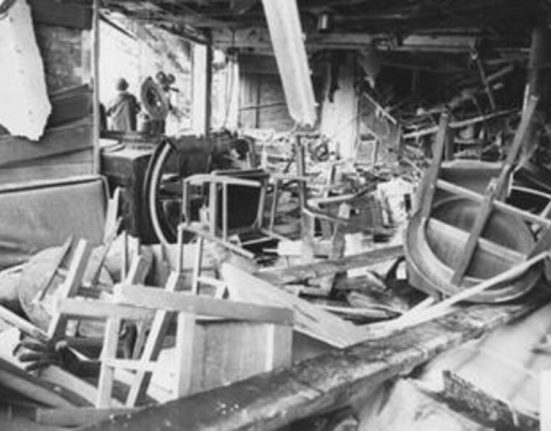In a world where international politics and regional economics are more entangled than ever, the drama unfolding in Nigeria’s oil-rich Niger Delta should not be seen as a distant issue. For industries across the West Midlands, especially those tied to manufacturing, engineering and oil-linked supply chains, the fallout from Nigeria’s spiralling oil crisis could soon be felt closer to home.
Nigeria, Africa’s largest oil producer, is ablaze, quite literally. In the last week, multiple fires and explosions have ripped through vital pipelines, culminating in President Bola Tinubu declaring a state of emergency in Rivers State and suspending its governor, deputy, and legislature. The political powder keg exploded just as global oil markets began to regain some stability, and now, uncertainty reigns again.
Tinubu’s dramatic intervention – replacing the elected leadership with a retired navy vice-admiral – has sparked outrage. Critics say this is less about protecting pipelines and more about consolidating political power. Civil society leaders and icons such as Wole Soyinka and Goodluck Jonathan have condemned the move as a blow to democracy. In Nigeria’s turbulent political landscape, this is no small claim.
But the bigger picture is economic. Oil and gas account for more than 80% of Nigeria’s foreign exchange and half of its government budget. A production drop – triggered by sabotage or shutdowns – could ripple across international markets.
With Shell recently handing over one of the key pipelines – the Trans Niger Pipeline – to a local consortium, all eyes are now on whether domestic operators can maintain safety, output and investor confidence. Early signs are mixed. Fires persist, arrests have been made, and oil output remains vulnerable.
The lesson? Global risk isn’t just something for diplomats to worry about. It filters down to procurement managers, factory floors, and fuel pumps across the UK. If Nigeria’s oil taps are turned off or disrupted further, the aftershocks will spread well beyond Lagos.
In an interconnected world, political crisis abroad can quickly become economic pressure at home.







